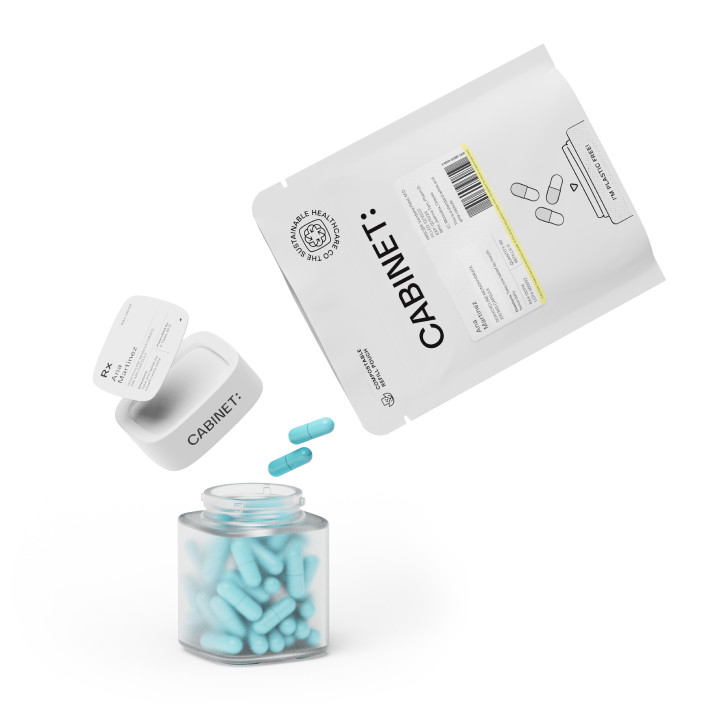What is Remeron® (Mirtazapine)?
Remeron® is a medication used to treat major depressive disorder. It's classified as a tetracyclic antidepressant and works by increasing the levels of serotonin and norepinephrine in the brain. It's also used off-label to treat anxiety disorders, post-traumatic stress disorder (PTSD), and obsessive-compulsive disorder (OCD). Remeron® is available in tablet form and is usually taken once a day before bedtime. The dosage may be adjusted according to the patient's needs.
What are Remeron's Side Effects?
As with any medication, Remeron® can cause side effects, which vary depending on the individual's age, health condition, and dosage. Some common side effects include:
Drowsiness and fatigue
Dizziness
Dry mouth
Increased appetite and weight gain
Constipation
Headache
Nausea
Blurred vision
Decreased blood pressure
Other more severe side effects that require immediate medical attention include:
Allergic reactions, such as hives, itching, swelling, and difficulty breathing
Suicidal thoughts or behavior
Seizures
High fever
Trouble swallowing
Yellowing of the skin or eyes
Uncontrollable muscle movements
Patients taking Remeron® should be closely monitored for signs of these side effects, particularly in the first few weeks of treatment. It is also important to tell your doctor about any other medications, supplements, or herbal remedies you are taking, as some may interact with Remeron®.
How is Remeron® (mirtazapine) Prescribed?
Remeron® is usually prescribed by a psychiatrist or a primary care physician who specializes in mental health. The dosage and duration of treatment depend on the patient's medical history, current health status, and response to the medication. The medication is available in tablet form, and the dosage can be adjusted according to the patient's needs.
It's important to take Remeron® exactly as prescribed, at the same time every day, with or without food. Patients should not stop taking the medication suddenly without consulting their doctor, as this can cause withdrawal symptoms.
What are the alternatives to Remeron® (mirtazapine)?
There are several alternatives to Remeron®, depending on the patient's health condition and medical history. Some alternatives include:
Selective serotonin reuptake inhibitors (SSRIs), such as fluoxetine (Prozac®), sertraline (Zoloft®), and citalopram (Celexa®)
Serotonin and norepinephrine reuptake inhibitors (SNRIs), such as duloxetine (Cymbalta®) and venlafaxine (Effexor®)
Tricyclic antidepressants (TCAs), such as amitriptyline (Elavil®) and nortriptyline (Pamelor®)
Does Cabinet Health Refill Remeron® (Mirtazapine)?
Yes, Cabinet Health can refill Remeron® prescriptions. Cabinet Health offers personalized, eco-friendly glass bottles for medication storage, which reduces plastic pollution and is more aesthetically pleasing than traditional orange plastic bottles. Cabinet Health can also help patients transfer their prescriptions seamlessly to the new packaging.









